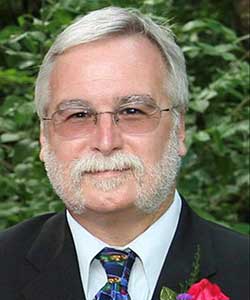James C. Anthony, MSc, PhD

(Calling Name: Jim)
Professor of Epidemiology and Biostatistics
Department of Epidemiology and Biostatistics
909 Wilson Road Room B601
East Lansing, MI 48824
517.884.3997
janthony@msu.edu
James C. Anthony, BA, MSc, PhD (Calling name = Jim) is a Professor in the Department of Epidemiology and Biostatistics at Michigan State University College of Human Medicine. Jim received his degrees from Carleton College (Northfield) and University of Minnesota (Minneapolis), and completed his NIMH-supported Postdoctoral Fellowship at the Johns Hopkins University School of Hygiene & Public Health and School of Medicine (Psychiatric Epidemiology & Biostatistics).
He is an elected Fellow in the American College of Neuropsychopharmacology (ACNP), the College on Problems of Drug Dependence (CPDD), and the American Psychopathological Association (APPA), and served as Chairman of the World Psychiatric Association Section on Epidemiology and Public Health (2003-2008/9). In 2004, he was elected as Member of the American Epidemiological Society. In 2024, he was elected to become President of the American Psychopathological Association. He got his start conducting research on syndromes of alcohol, nicotine, and other drug dependence and the addictive processes during his mid-1970s faculty appointment at the University of Minnesota.
Since then, with research colleagues and mentees, he diversified across a range of neuropsychiatric disturbances and challenges faced in epidemiology and prevention research. Jim has received five important mentoring excellence awards. Due to research contributions such as those tracked by Johns Hopkins (URL below), he was elected to the Society of Scholars of the Johns Hopkins University in 2014, and he received the American Public Health Association Rema Lapouse Award in 2016 and the Society for Prevention Research Presidential Award in 2022. Jim’s research output is described here: https://tinyurl.com/Jcanthony2025.


